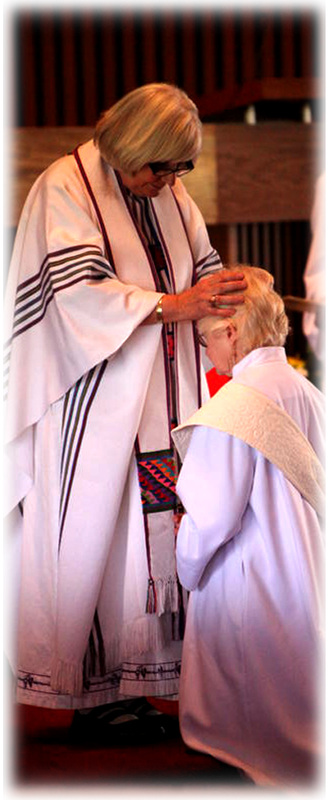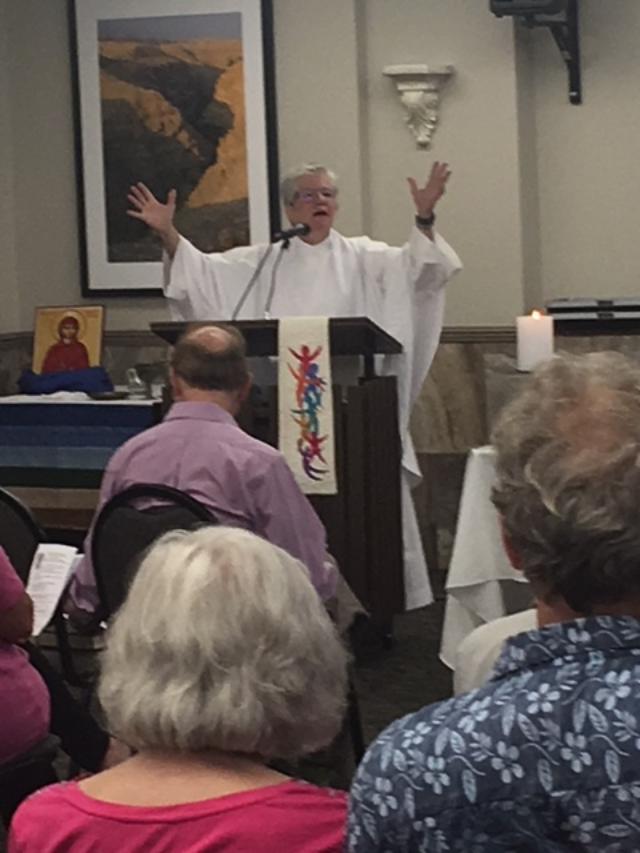Most of the time we hear the first part of the book of Job. His life is miserable. He loses everything that means anything to him. At the same time he keeps his faith firm in the goodness of YHWH. He treats people with kindness. He speaks directly to YHWH and prays for his friends.
Today’s reading is from the last chapter of the book. God has restored his fortunes and given him three daughters and seven sons. Job treats them equally. We even are told his daughters’ names. They mean Dove, Cinnamon and Horn of Beauty. Maybe one of the things he learned from his problems was to treat his sons and daughters equally.
If you were at Mass last night or this morning you probably heard the section in Hebrews that refers to Jesus as the High Priest. Jesus didn’t come from a priestly family. His priesthood came from Melchizedek, an “outside priest.” That’s also a way that the priesthood of Roman Catholic Womenpriests connects to Jesus’ priesthood.
The section from Hebrews we heard encourages us to be faithful always, connecting back to the reading about Job and forward to the section from Mark. Mark liked to get to the point – no mincing words. Just follow Jesus all the way to the end, not looking for rewards.
Last Sunday, in the chilly, windy weather Helen and friends set up our booth for the Festival of Faiths at Veterans Plaza. When it came time for the Opening Ceremonies Angela and I took a place in the procession. It happened to be right behind the Archdiocese. Many had never heard of Roman Catholic Women Priests, or St. Mary of Magdala Catholic Community. It was exciting to have many people interested in our ministry. Nancy joined us and talked to people about Roman Catholic Women Priests. However, we have no idea what rewards, if any, we will experience.
I noticed that there were many homeless people walking around. Ed’s cousin who was staffing one of the United Church of Christ booths told me that they had brought food and clothing to give out. The Indianapolis Center for Congregations also had those items from people who saw the request on the information sheet about the event. We will look into connecting with those efforts next year.
Let’s step back to something else in the Gospel for a minute or two. Jesus was really challenging his followers, especially the leaders like James and John who had had special privileges, like being present at the Transfiguration. Yes, they were leaders but in Jesus’ value system that did, and still does, mean being the servant of all. They didn’t understand that as a challenge until much later.
What is there about being a disciple of Jesus that challenges you? Is there a new challenge that you hadn’t expected? In what way do you offer to help someone else who is facing a new challenge? How are you called to be a servant of all?
Maria Thornton McClain, RCWP
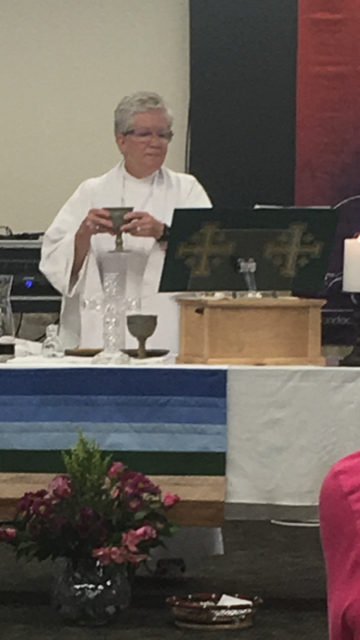
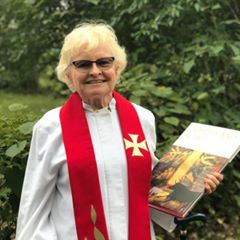
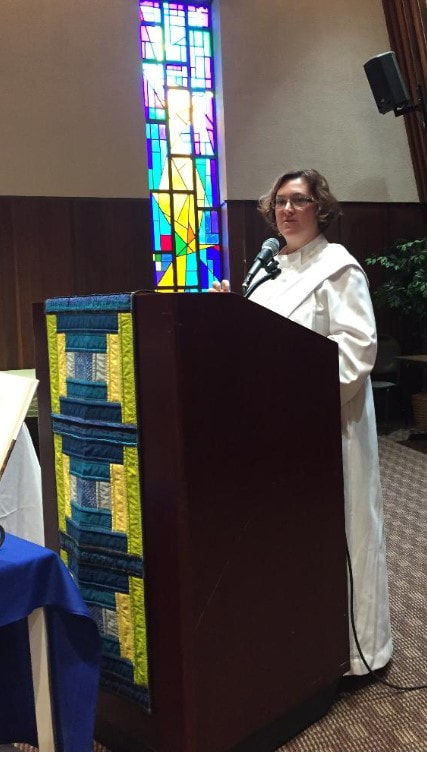
 RSS Feed
RSS Feed
